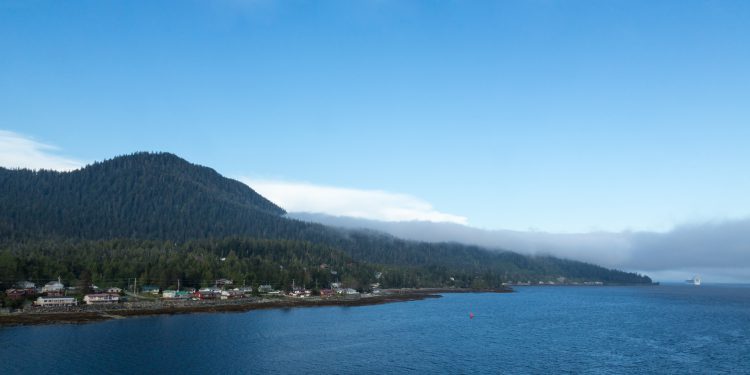Feds Approve Pacific NorthWest LNG Project

The federal cabinet has approved Pacific NorthWest LNG's proposal to construct a facility on the BC coast for the liquefaction, storage and export of liquefied natural gas via tanker to Pacific Rim markets. The project was assessed under the Interim Principles announced earlier this year by the federal government as an update on the environmental review process to be followed for major projects. The Interim Principles emphasize consultation with Indigenous peoples, public input, decisions based on science, traditional ecological knowledge and other relevant evidence and assessment of direct and upstream GHG emissions.
In the news release announcing the approval of the project, the government highlights the expected economic impact, including up to $36 billion in capital investments when accounting for upstream natural gas development, the creation of 4500 jobs during construction and additional 630 direct and indirect jobs during the operation of the facility, and benefits to local First Nations through job creation in the region and agreements reached with the proponent, Pacific NorthWest LNG.
The government's approval comes with over 190 conditions intended to lessen the environmental impacts of the project. One key condition is a maximum cap on the annual direct project GHG emissions. Direct emissions from the project will be capped at a maximum of 4,300,000 tons of CO2e per year. This is 900,000 tons less than what had initially been proposed by the proponent. The government did not impose specific limits on upstream emissions (i.e. emissions from the extraction of the shale gas destined for liquefaction). Instead, the government states that these emissions will be "reduced by the government's commitment to regulate methane emissions from the oil and gas sector, and by BC's plan for electrification of upstream extraction of natural gas."
Environmental groups have expressed concerns with the GHG emissions from the project and from the ultimate use of the exported liquefied natural gas. Premier Clark, however, argues that BC natural gas will help with the transition to a low-carbon global economy by displacing the use of coal and diesel in electricity generation in Asia.
Support for the project among First Nations in the region is mixed. Pacific NorthWest LNG has consulted with five Tsimshian First Nations who each have traditional claims to the area where the facility is to be built. Term sheets intended to lead to impact benefit agreements have been concluded with four of the nations - Metlakatla, Kitselas, Gitxaala and Kitsumkalum have signed term sheets while Lax Kw'alaams continues discussions. The project may still face legal challenges from First Nations groups who are concerned about impacts to salmon habitat and traditional fisheries both from the facility and along the pipeline route that would deliver the natural gas for processing.
Upon receipt of the approval, Pacific NorthWest LNG's primary shareholder, Malaysia's state-owned Petronas, stated that the company will review the project in light of the conditions. A final investment decision has not yet been announced. It is expected that construction would take five years before the facility would see its first exports.
